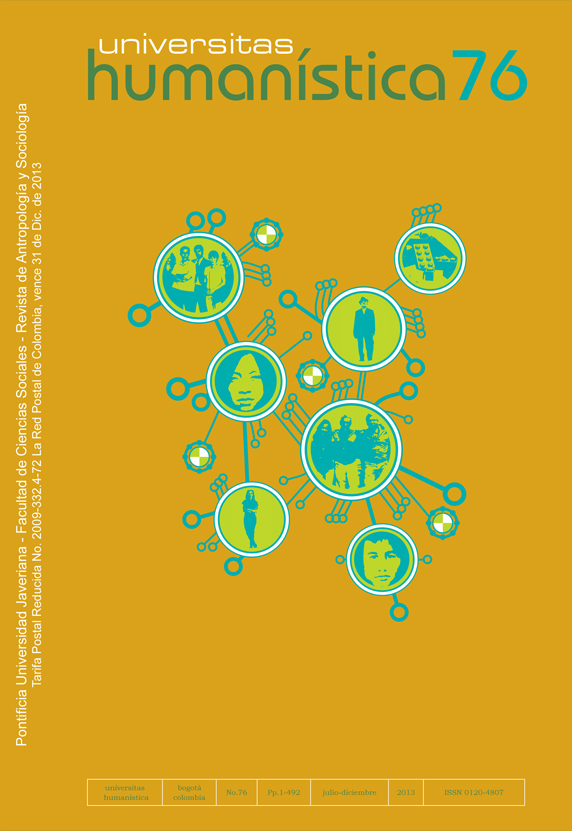Abstract
Studies of social appropriation of science and technology (SAS&T) in Colombia identify a deficit model of the relationship between science and public, characterized by a hierarchical and unidirectional communication. They show, also, the feminization of the practices of traditional mediators, such as science and technology museums (or interactive centers) and science fairs, among others. This means that such practices are read at the service of a hegemonic and androcentric idea of science and technology (S & T). However, these studies have fallen short in the analysis of the conditions under which this deficit model occurs. This article discusses a specific activity: publishers producing materials, through the case of the booklet Las maticas de mi huerta from The Botanic Garden Jose Celestino Mutis and the Department of Environment, and proposes methodological reflections for the deconstruction of the deficit model from a feminist perspective.

This journal provides immediate open access to its content on the principle that making research freely available to the public, encourages greater global exchange of knowledge.
The journal Universitas Humanística is registered under a Creative Commons Attribution 4.0 International Public License. Thus, this work may be reproduced, distributed, and publicly shared in digital format, as long as the names of the authors and Pontificia Universidad Javeriana are acknowledged. Others are allowed to quote, adapt, transform, auto-archive, republish, and create based on this material, for any purpose (even commercial ones), provided the authorship is duly acknowledged, a link to the original work is provided, and it is specified if changes have been made. Pontificia Universidad Javeriana does not hold the rights of published works and the authors are solely responsible for the contents of their works; they keep the moral, intellectual, privacy, and publicity rights.
Approving the intervention of the work (review, copy-editing, translation, layout) and the following outreach, are granted through an use license and not through an assignment of rights. This means the journal and Pontificia Universidad Javeriana cannot be held responsible for any ethical malpractice by the authors. As a consequence of the protection granted by the use license, the journal is not required to publish recantations or modify information already published, unless the errata stems from the editorial management process. Publishing contents in this journal does not generate royalties for contributors.


